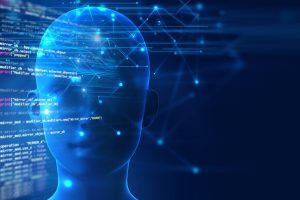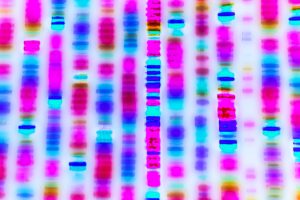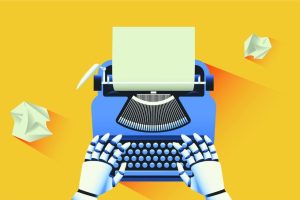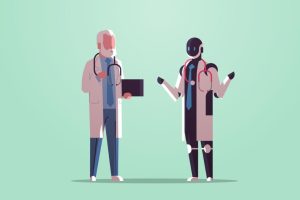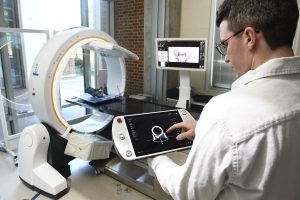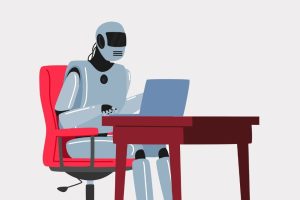Recent News
-

Johns Hopkins researchers demonstrate the promise of “augmented endoscopy,” a real-time neurosurgical guidance method that uses advanced computer vision techniques.
-

The achievement could provide a clearer picture of the role the chromosome plays in male-specific development, fertility, and genetically triggered diseases like cancer.
-

Lost in translation no more: Researchers unveil advancement in multilingual text generation
CategoriesHopkins computer scientists propose a simple solution for a common multilingual language model pitfall.
-

Mark Dredze, associate professor of computer science, discusses BloombergGPT, the first large language model built specifically for the finance industry.
-

A new study finds ChatGPT outperforms human physicians in quality and empathy of responses to patient concerns.
